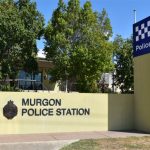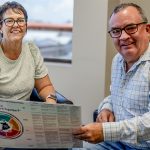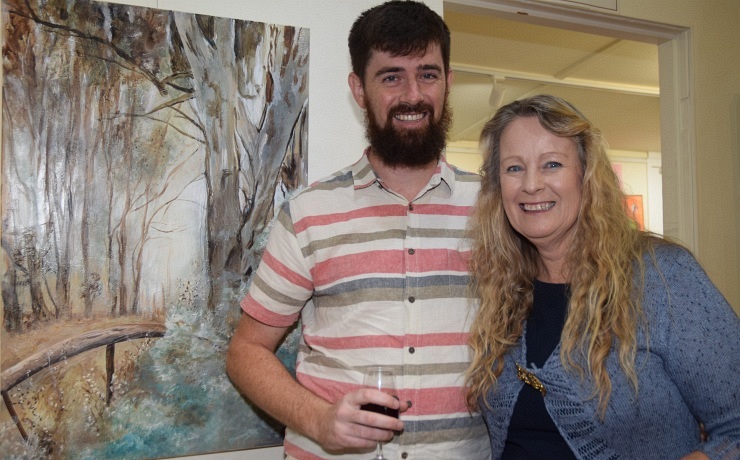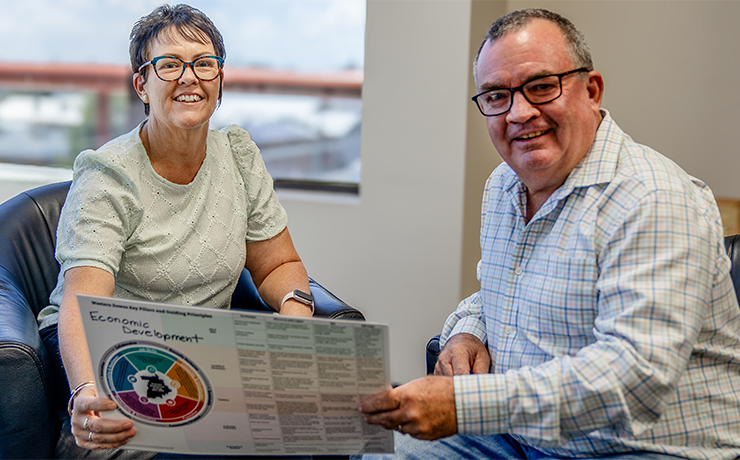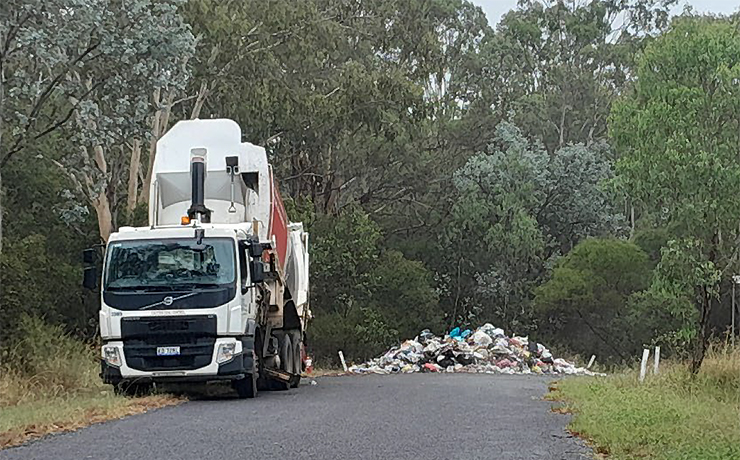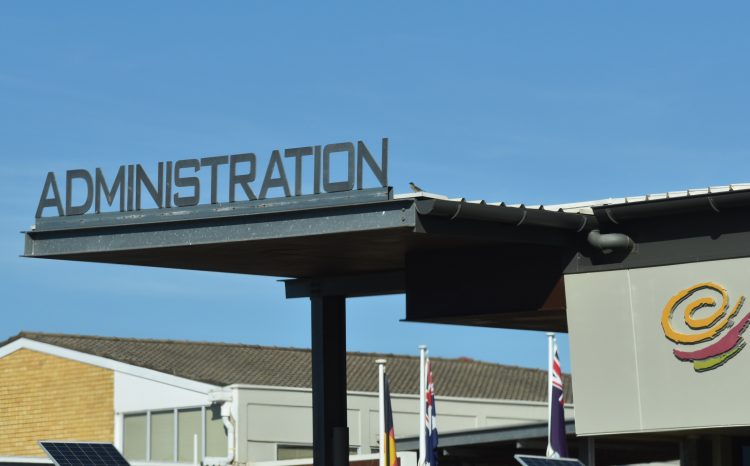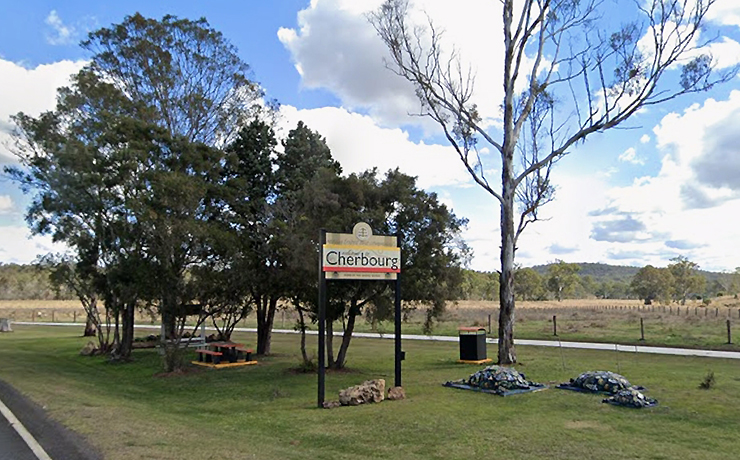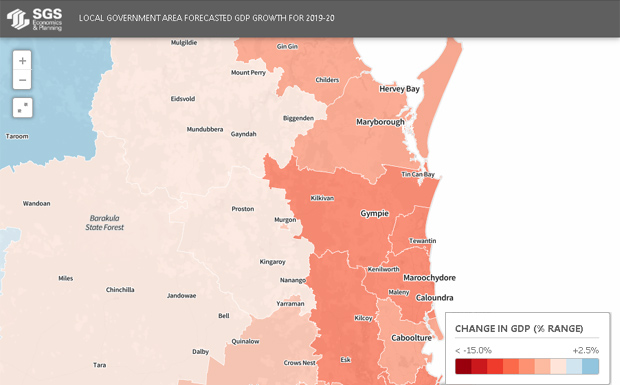
May 11, 2020
The South Burnett may miss the worst economic impacts of the COVID-19 crisis, according to modelling by economic research firm SGS Economics and Planning (SGS).
In a new report, SGS believes the regional economies likely to be worst affected are those with a heavy reliance on tourism, have major airports, or have major CBDs.
Regional economies – such as the South Burnett – that are not heavily reliant on these things should suffer only slight impacts.
SGS have projected that COVID-19’s impact on the South Burnett’s GDP in 2019-20 will be in the range of zero to -2.5 per cent.
The same applies to the neighbouring Western Downs and North Burnett regions.
All three regions have a heavy reliance on agriculture, natural resources and energy production, and very little reliance on tourism.
By contrast, neighbouring Gympie and Somerset regions could suffer a 7.5 to 10.0 per cent contraction.
And Toowoomba could suffer a 2.5 to 5 per cent contraction.
SGS believes that nationally, Australia’s GDP is expected to decline by 6.7 per cent in 2019-20 compared to the 2018-19 fiscal year as a result of the New Year bushfires and COVID-19 restrictions.
This estimated decline accounts for the various stimulus measures announced by all levels of government.
Without these, SGS believes the 2019-20 decline would be more than 14 per cent.
SGS also believes the nation’s economy will rebound once the pandemic crisis has passed, but are unable to predict whether this will be a rapid or a slow recovery.
In a best-case scenario, SGS estimate the nation’s economy could return to its 2018-19 level in 2020-21.
However, they warn that a deeper or longer recession could push a return to 2018-19 levels back as far as 2023-24.
- External link: The Economic Impact Of COVID-19 And Bushfires








